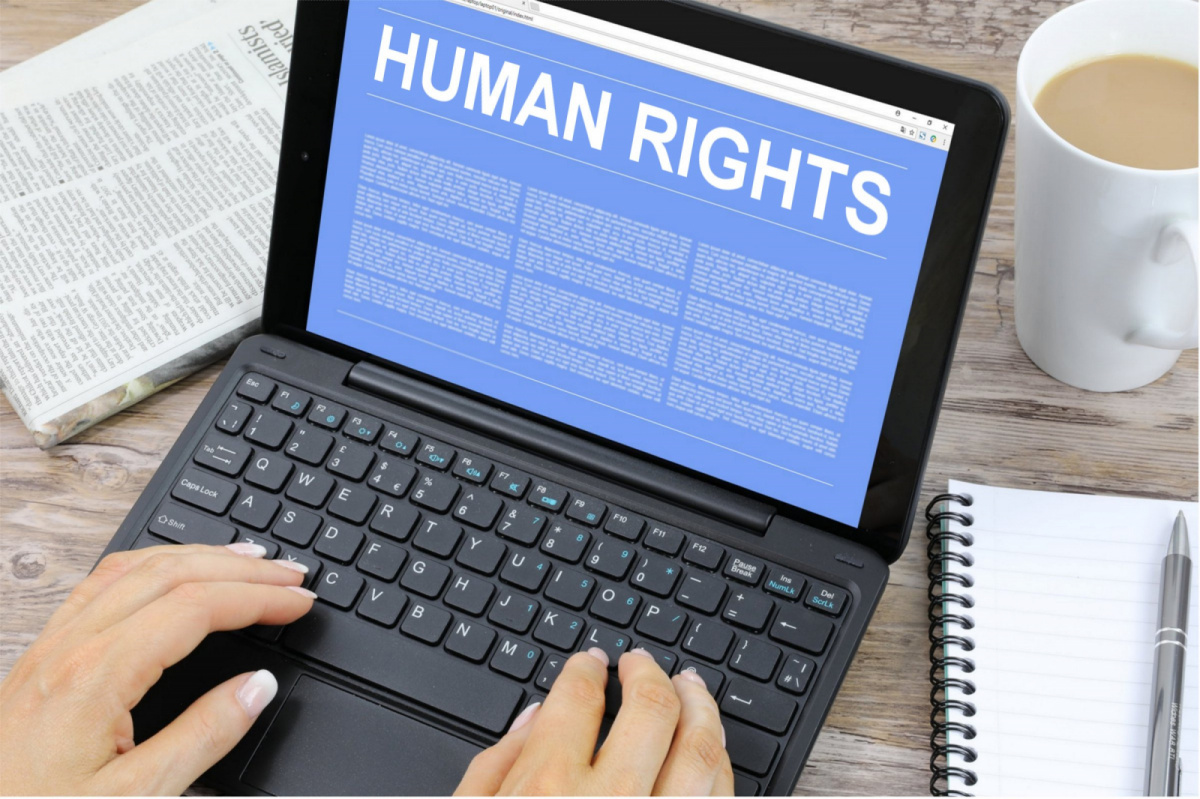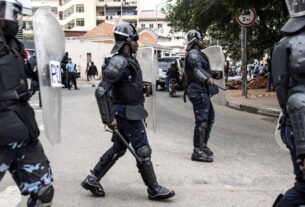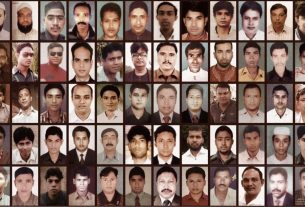August 13, 2025 — Abuja, Nigeria
Amnesty International has issued a scathing critique of the Nigerian government’s failure to address escalating violence and human rights violations in the country’s South-East region. According to the organization’s latest report, over 1,844 people were killed between January 2021 and June 2023, amid widespread insecurity and systemic abuses.
📉 Breakdown of the Crisis
The report highlights a complex and deteriorating security landscape, marked by:
- Unlawful killings, torture, and enforced disappearances
- Arbitrary arrests and mass displacement of civilians
- Violations committed by state-backed paramilitary groups, criminal gangs, and armed separatists
Isa Sanusi, Director of Amnesty International Nigeria, emphasized the gravity of the situation:
“No one knows exactly how many people have been killed in the Southeast since August 2015. Many individuals have been reported missing or have disappeared forcibly… Authorities are failing to protect lives and property and to maintain law and order”.
🔥 Imo State: A Flashpoint of Violence
The report documents attacks by unidentified armed men on residents and police stations in Imo State, resulting in over 400 deaths in 2019. Nigerian authorities attributed these assaults to the Indigenous People of Biafra (IPOB) and its military wing, though IPOB denied involvement.
Further abuses were reported during the enforcement of IPOB-imposed stay-at-home orders, which included:
- Beatings and killings of civilians who defied the orders
- Closure of schools and markets, disrupting daily life and economic activity
- Fear-driven displacement, with many citizens unable to return to their hometowns
⚖️ Human Rights Violations and Legal Obligations
Amnesty International underscored that the ongoing violence has severely undermined fundamental rights, including:
- Right to life and physical integrity
- Freedom of movement and personal security
- Access to education and livelihood
The organization called on Nigerian authorities to:
- Investigate all reported abuses
- Hold perpetrators accountable
- Uphold obligations under international human rights law
🧭 Historical Context and Broader Implications
Nigeria’s South-East region has long been embroiled in conflict, including:
- The Boko Haram insurgency in the northeast
- Farmer-herder clashes across central Nigeria
- Separatist unrest linked to IPOB, which seeks independence for the region
A 2015 Amnesty report previously documented excessive force by security forces against IPOB supporters, including arson, looting, and targeted killings.
🚨 Call for Accountability
Human rights groups have condemned the government’s response as ineffective, citing its failure to reduce the death toll or mitigate the humanitarian crisis. Amnesty International’s findings point to a climate of impunity, where both state and non-state actors operate without consequence.
You can read the full report on JURIST’s official coverage. Let me know if you’d like this adapted into a policy brief or advocacy statement.
Excerpts from jurist.org article by Salma Ben Mariem | Faculty of Law and Political Science of Sousse, TN



